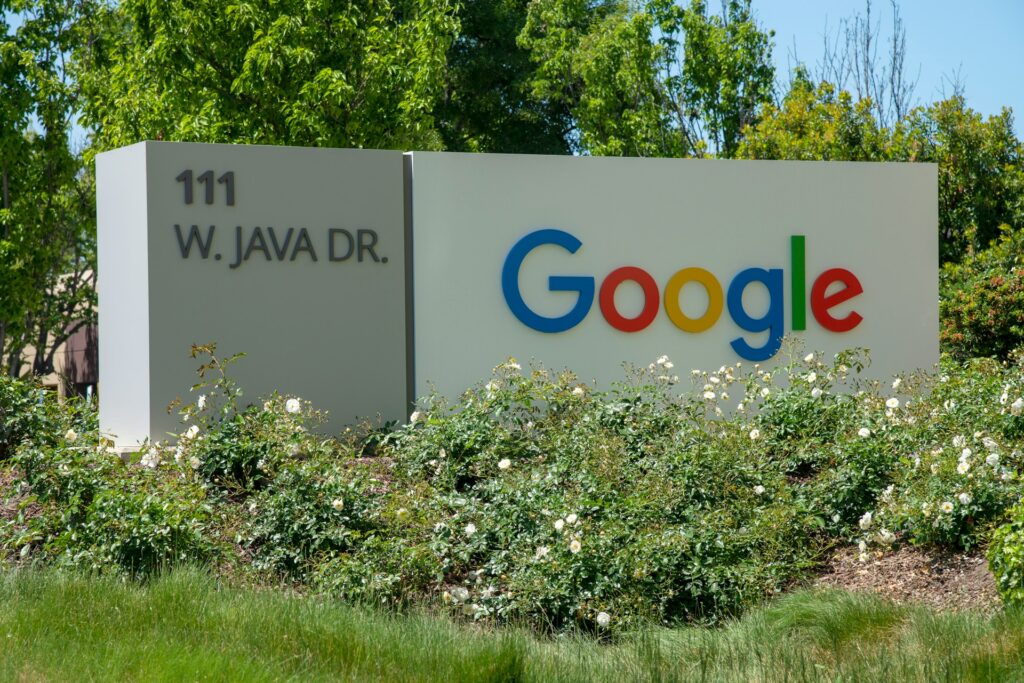Is Google Losing Its Competitive Edge in Search Powered by AI?

Is Google Losing Its Competitive Edge in Search Powered by AI?
Over the course of many decades, Google has served as the gateway to the internet. If you had a query, need instructions, or wanted to compare pricing, it is quite likely that you would immediately put it into Google without stopping to think about it. A modest transition in the way that we look for and locate information is now taking place, which is a fascinating development. AI is the engine that is powering it.
It is becoming more difficult for Google to maintain its long-standing dominance as new competitors, new technology, and new habits emerge. Is Google beginning to lose its competitive advantage in this day and age of search driven by artificial intelligence?
A Rise in the Use of Artificial Intelligence Assistants
The act of simply entering terms into a search box is no longer sufficient. On the other hand, individuals are increasingly turning to artificial intelligence assistants, such as ChatGPT, Microsoft Copilot, Perplexity AI, and even voice-based solutions, in order to get immediate and tailored responses.
It is not enough for these AI systems to just get a list of blue links. They provide a summary, explanation, and a personal touch. It is possible to request that they compose a comparison of products, summarize a research paper, or even create a vacation itinerary, and they will accomplish all of these things immediately. A significant departure from the conventional search methodology, in which you were required to open many tabs, browse around blogs, and put together the information on your own, this is a significant move.
The Artificial Intelligence Overhaul, Google’s Response
Despite the fact that Google is aware of this trend, the company is not remaining silent. Google is attempting to combine its huge search engine infrastructure with generative artificial intelligence via the implementation of Search Generative Experience (SGE) and the integration of Gemini AI.
Google is now doing experiments using artificial intelligence-generated responses at the top of the search results page, rather than displaying just webpages. It is a significant shift in the manner in which information is delivered, but it also involves a certain degree of balancing act. When everything is said and done, Google’s revenue model is still primarily dependent on advertisements and visits to websites. There is also the possibility that the material that is created by AI may be prejudiced, erroneous, or out of date. When it comes to artificial intelligence, Google is well aware that its reputation is founded on trust, which is a difficult value to put at risk.
What are the Repercussions for Users?
Not only do people anticipate receiving a list of possibilities, but they also anticipate receiving immediate, individualized outcomes.
Say you are thinking of going to Naran, which is located in Pakistan. The information that you need to pack, where you should stay, what kind of weather to anticipate, and even some hidden jewels may all be provided by an AI assistant in a single go. On the other hand, Google may direct you to five separate blog entries and hotel listings, allowing you to go through the information on your own. This is not to suggest that Google is no longer valuable; in fact, it continues to provide the most comprehensive database of webpages that are indexed anywhere in the world. On the other hand, the manner in which individuals choose to engage with information is rapidly evolving.
Is Google Really Beginning to Lose Its Ahead?
It depends on how you conceptualize the term “edge.” If we are talking about traffic in its purest form, Google is still the champion. Every single day, billions of searches are conducted, and the organization has decades of expertise in arranging the information that is available all over the globe. Artificial intelligence-powered platforms, on the other hand, are becoming more appealing in terms of user experience, particularly among younger users or professionals who are proficient in technology. In addition to being quicker and less crowded, they often provide you with what you want without ever requiring you to click on a link.
When it comes to duties such as research, writing assistance, or problem-solving, some users are increasingly turning to artificial intelligence technologies rather than Google. This is an indication that the monopoly is beginning to break down, at least on the periphery of the market.
What the Future Holds in Store for Us
A future in which search is more conversational, more intelligent, and more proactive is something that we are going toward heading toward. Understanding purpose, providing insight, and giving precisely what you want with little effort are all important aspects of this process. It is not just a matter of locating a page. If it continues to develop, Google will continue to be a big player in the future because it has the resources, talent, and data necessary to do so. The issue that has to be answered is whether consumers will wait for that evolution or they will jump ship to newer AI technologies that are more nimble.
Within the next five years, the way in which we get information online may undergo a transformation, and the business that is able to adapt the quickest may not be the one that has been in business the longest.




